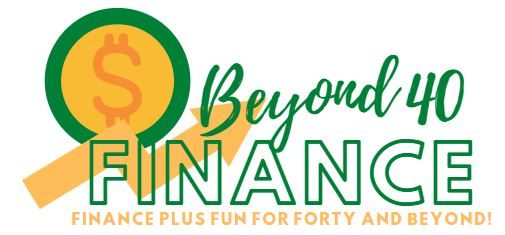Borrowing Wisely: A Comprehensive Guide for Individuals Age 40 and Above
Borrowing money can be a valuable tool for achieving various financial goals, such as purchasing a home, funding education, or consolidating high-interest debts. However, as individuals age into their 40s and beyond, responsible borrowing becomes increasingly important to maintain financial stability and avoid unnecessary debt. In this comprehensive guide, we will explore the world of borrowing for individuals aged 40 and above, covering different types of loans, credit management, tips for responsible borrowing, and strategies to avoid common pitfalls.
Understanding your Borrowing Needs
Before considering borrowing, carefully assess your financial needs and objectives. Determine whether borrowing is necessary for achieving your goals or if there are alternative solutions, such as saving or reallocating existing resources.
Types of Loans: Exploring Your Options
Familiarize yourself with the various types of loans available, such as mortgages, personal loans, home equity loans, and student loans. Each loan type has unique features, terms, and interest rates that impact your borrowing decision.
Assessing Your Creditworthiness
Your creditworthiness plays a crucial role in loan approval and interest rates. Obtain a free credit report and assess your credit score. Take steps to improve your credit if needed, such as paying off debts and correcting any errors on your report.
Mortgages: Navigating the Homebuying Process
If you plan to buy a home, understand the mortgage process thoroughly. Research mortgage types, down payment requirements, and interest rates. Evaluate your budget to determine an affordable home price and avoid becoming “house poor.”
Debt Consolidation: Managing High-Interest Debt
If you have multiple high-interest debts, consider debt consolidation as a way to streamline payments and potentially lower interest rates. Explore options like personal loans, balance transfer credit cards, or home equity loans for debt consolidation.
Student Loans: Funding Education Responsibly
If you or your children plan to pursue higher education, approach student loans responsibly. Understand the different types of student loans, compare interest rates, and explore scholarship and grant options to minimize borrowing.
Home Equity Loans and Lines of Credit
Home equity loans and lines of credit allow you to tap into the equity in your home for major expenses. Carefully evaluate your needs and borrowing capacity before using your home as collateral.
Personal Loans: Borrowing for Unplanned Expenses
Personal loans offer flexibility for various purposes, such as medical emergencies or home repairs. Compare interest rates and terms from different lenders to secure the best deal.
Managing Loan Repayments
Create a repayment plan that aligns with your budget and financial goals. Set up automatic payments to avoid missing due dates and incurring late fees. Consider paying more than the minimum to reduce debt faster.
Responsible Credit Card Use
Credit cards can be powerful financial tools when used responsibly. Avoid carrying high balances and aim to pay off the full statement balance each month to avoid interest charges.
Avoiding Predatory Lending
Be cautious of predatory lenders that offer high-interest loans with unfavorable terms. Research lenders thoroughly and seek recommendations to ensure you work with reputable institutions.
Safeguarding Against Identity Theft
Protect your personal information to prevent identity theft and potential unauthorized borrowing in your name. Monitor your credit reports regularly and report any suspicious activity immediately.
Borrowing can be a valuable resource for achieving financial goals, but it requires careful consideration and responsible management. As individuals age into their 40s and beyond, borrowing decisions become even more critical for maintaining financial stability and minimizing debt. Understand your borrowing needs, explore loan options, and assess your creditworthiness before taking on debt. Establish a realistic repayment plan and prioritize responsible credit management. By borrowing wisely and avoiding common pitfalls, you can leverage loans to achieve your financial objectives while safeguarding your long-term financial health. Remember that responsible borrowing is a key component of building a solid financial foundation for a prosperous future.

